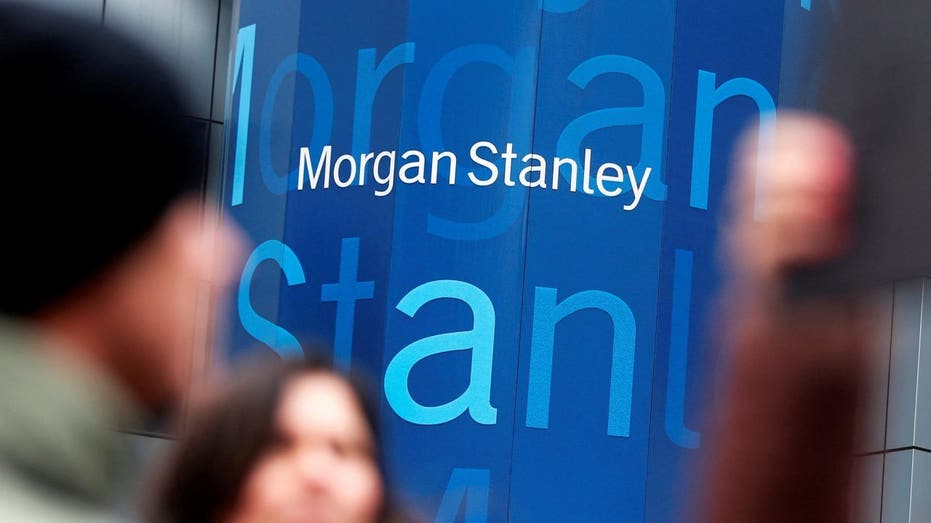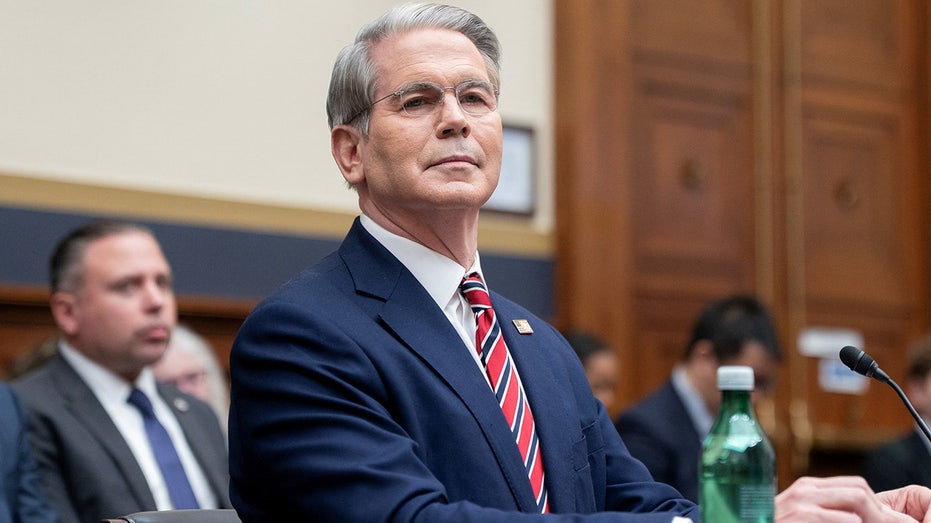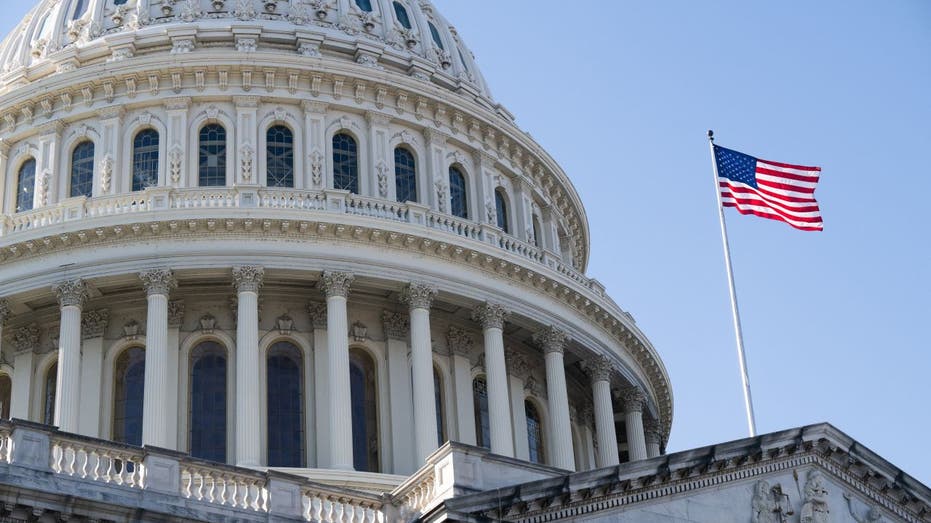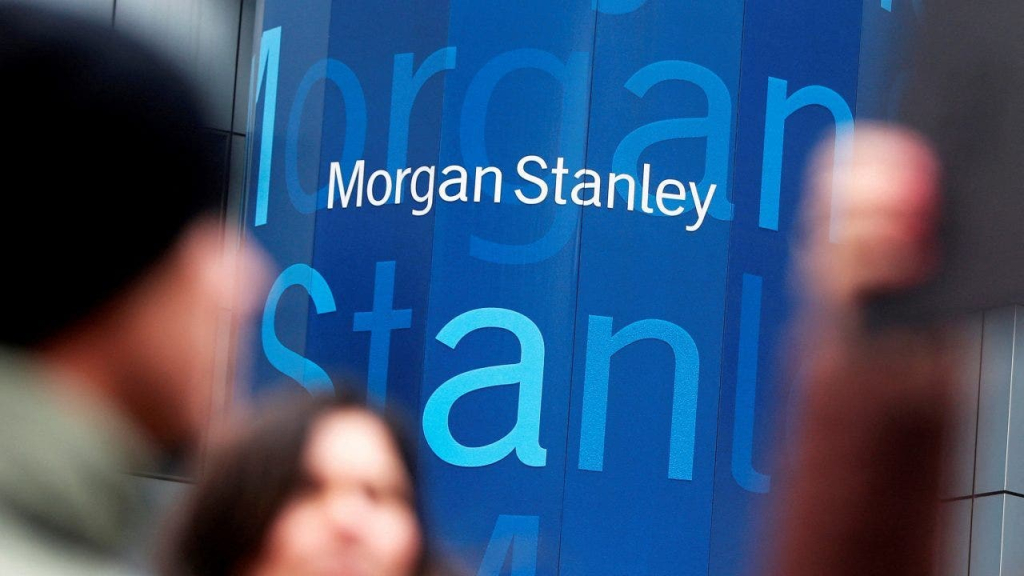Morgan Stanley’s chief stock market strategist indicated that any potential decline in the equities market tied to Moody’s recent downgrade of the U.S. credit rating could present a favorable buying opportunity for investors.
Mike Wilson, who leads equity strategy at Morgan Stanley, elaborated in his weekly research update that a temporary reduction in tariffs between the U.S. and China could contribute to a more significant market rally. A dip in the stock market following Moody’s downgrade would be seen as an advantageous time to invest.
He noted that the current correlation between equity returns and bond yields is hovering around zero on a scale from -1 to 1. “We believe that if the 10-year yield exceeds 4.50%, this correlation could turn negative, increasing the sensitivity of equities to interest rates,” Wilson explained.
“Moody’s downgrade of the U.S. credit rating last Friday is significant to consider, especially since Moody’s was the last major ratings agency to lower the U.S. rating, a trend that began 14 years ago in mid-2011,” Wilson added.
MOODY’S DOWNGRADES US CREDIT RATING OVER RISING DEBT

“Specifically, a rise above 4.50% in the 10-year yield may lead to moderate valuation compression—approximately 5%, which aligns with previous historical trends. We would be inclined to take advantage of such a dip,” he added.
Wilson pointed out that Morgan Stanley’s economists are currently less optimistic about two other factors essential for a stable market rally: circumstances that would pave the way for the Federal Reserve to cut interest rates and a decrease in the yield on the 10-year Treasury note.
TREASURY SECRETARY BESSENT DISMISSES MOODY’S US CREDIT DOWNGRADE AS ‘LAGGING INDICATOR’

According to the firm’s projections, the core personal consumption expenditure (PCE) index, a vital measure of inflation, is expected to experience growth in May and is likely to continue on an upward trajectory through the summer. Core PCE recorded an increase of 2.6% in April, while the standard PCE index rose to 2.3% last month, both figures surpassing the Federal Reserve’s target rate of 2%.
“In essence, we do not anticipate significant near-term advancements regarding the final two items on our checklist for a more sustainable market rally—a more dovish Federal Reserve and a 10-year yield below 4.0% absent recession-related data,” Wilson noted.
CBO SAYS US BUDGET DEFICITS TO WIDEN, NATIONAL DEBT TO SURGE TO 156% OF GDP

Moody’s downgraded the U.S. credit rating from its highest tier of Aaa to Aa1 on Friday, citing a prolonged increase in government debt and interest payment ratios that have substantially surpassed those of similarly rated countries.
The agency stated, “U.S. administrations and Congress have consistently failed to reach an agreement on measures to counteract the trend of significant annual fiscal deficits and escalating interest costs.” They added that they do not foresee substantial, multi-year reductions in mandatory spending and deficits from the current fiscal proposals under consideration.
GET Finance Newso BUSINESS ON THE GO BY CLICKING HERE
Furthermore, Moody’s projects the outlook for the federal government’s fiscal position to deteriorate in the coming years, with expenditures on entitlement programs such as Medicare and Social Security expected to rise in line with an aging population, coupled with increasing interest payments on national debt due to higher rates and expanding deficits.


























